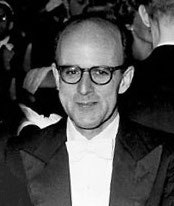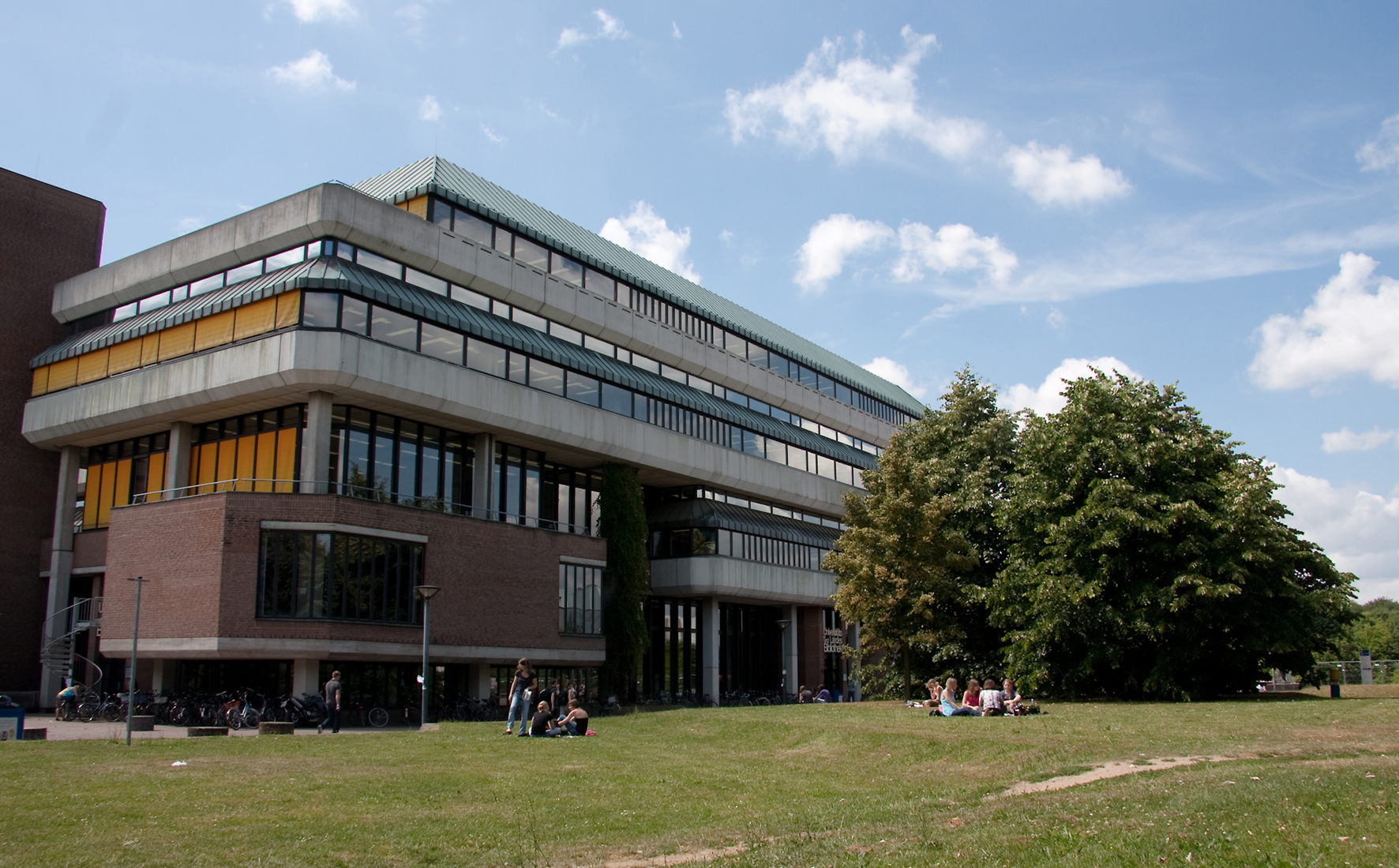|
Alexander Tschirch
Alexander Tschirch (17 October 1856 – 2 December 1939) was a German-Swiss pharmacist born in Guben. He received pharmacy training in Dresden and at the ''Berner Staatsapotheke'' (Bern state apothecary). From 1878 to 1880 he studied at the University of Berlin, earning his PhD at Freiburg in 1881, followed by a degree in botany from Berlin in 1884. In 1889–90 he took a study tour of India, Ceylon and Java. From 1890 to 1932 he was a professor of pharmacy and pharmacognosy at the University of Bern, serving as rector in 1908–09. Tschirch is known for his studies in plant anatomy and for his research of resins and anthraquinone glycosides. He made significant contributions towards the fourth and fifth editions of the Pharmacopoeia Helvetica. He was the author of twenty books and numerous journal articles — among his written works is "''Die Harze und die Harzbehälter mit Einschluss der Milchsäfte''", a highly regarded reference book on resins and other plant extracts ... [...More Info...] [...Related Items...] OR: [Wikipedia] [Google] [Baidu] |
Alexander Tschirch
Alexander Tschirch (17 October 1856 – 2 December 1939) was a German-Swiss pharmacist born in Guben. He received pharmacy training in Dresden and at the ''Berner Staatsapotheke'' (Bern state apothecary). From 1878 to 1880 he studied at the University of Berlin, earning his PhD at Freiburg in 1881, followed by a degree in botany from Berlin in 1884. In 1889–90 he took a study tour of India, Ceylon and Java. From 1890 to 1932 he was a professor of pharmacy and pharmacognosy at the University of Bern, serving as rector in 1908–09. Tschirch is known for his studies in plant anatomy and for his research of resins and anthraquinone glycosides. He made significant contributions towards the fourth and fifth editions of the Pharmacopoeia Helvetica. He was the author of twenty books and numerous journal articles — among his written works is "''Die Harze und die Harzbehälter mit Einschluss der Milchsäfte''", a highly regarded reference book on resins and other plant extracts ... [...More Info...] [...Related Items...] OR: [Wikipedia] [Google] [Baidu] |
Chlorophyll
Chlorophyll (also chlorophyl) is any of several related green pigments found in cyanobacteria and in the chloroplasts of algae and plants. Its name is derived from the Greek words , ("pale green") and , ("leaf"). Chlorophyll allow plants to absorb energy from light. Chlorophylls absorb light most strongly in the blue portion of the electromagnetic spectrum as well as the red portion. Conversely, it is a poor absorber of green and near-green portions of the spectrum. Hence chlorophyll-containing tissues appear green because green light, diffusively reflected by structures like cell walls, is less absorbed. Two types of chlorophyll exist in the photosystems of green plants: chlorophyll ''a'' and ''b''. History Chlorophyll was first isolated and named by Joseph Bienaimé Caventou and Pierre Joseph Pelletier in 1817. The presence of magnesium in chlorophyll was discovered in 1906, and was that element's first detection in living tissue. After initial work done by German chemi ... [...More Info...] [...Related Items...] OR: [Wikipedia] [Google] [Baidu] |
University Of Freiburg Alumni
A university () is an institution of higher (or tertiary) education and research which awards academic degrees in several academic disciplines. Universities typically offer both undergraduate and postgraduate programs. In the United States, the designation is reserved for colleges that have a graduate school. The word ''university'' is derived from the Latin ''universitas magistrorum et scholarium'', which roughly means "community of teachers and scholars". The first universities were created in Europe by Catholic Church monks. The University of Bologna (''Università di Bologna''), founded in 1088, is the first university in the sense of: *Being a high degree-awarding institute. *Having independence from the ecclesiastic schools, although conducted by both clergy and non-clergy. *Using the word ''universitas'' (which was coined at its foundation). *Issuing secular and non-secular degrees: grammar, rhetoric, logic, theology, canon law, notarial law.Hunt Janin: "The university i ... [...More Info...] [...Related Items...] OR: [Wikipedia] [Google] [Baidu] |
Humboldt University Of Berlin Alumni
Humboldt may refer to: People * Alexander von Humboldt, German natural scientist, brother of Wilhelm von Humboldt * Wilhelm von Humboldt, German linguist, philosopher, and diplomat, brother of Alexander von Humboldt Fictional characters * Humboldt Fleisher, character in novel ''Humboldt's Gift'' * Wes Humboldt, character played by Mike O’Brien on ''Corner Gas'' Places Australia * Humboldt, Queensland, a locality in the Central Highlands Region Canada * Humboldt, Saskatchewan * Rural Municipality of Humboldt No. 370, Saskatchewan * Humboldt (electoral district), a former federal electoral district * Humboldt (provincial electoral district), a former Saskatchewan provincial electoral district United States * Settled places: ** Dewey-Humboldt, Arizona ** Humboldt, Illinois ** Humboldt, Iowa ** Humboldt, Kansas ** Humboldt, Minnesota ** Humboldt, Nebraska ** Humboldt, Ohio ** Humboldt, Portland, Oregon ** Humboldt, Pennsylvania ** Humboldt, South Dakota ** Humboldt ... [...More Info...] [...Related Items...] OR: [Wikipedia] [Google] [Baidu] |
University Of Bern Faculty
A university () is an institution of higher (or tertiary) education and research which awards academic degrees in several academic disciplines. Universities typically offer both undergraduate and postgraduate programs. In the United States, the designation is reserved for colleges that have a graduate school. The word ''university'' is derived from the Latin ''universitas magistrorum et scholarium'', which roughly means "community of teachers and scholars". The first universities were created in Europe by Catholic Church monks. The University of Bologna (''Università di Bologna''), founded in 1088, is the first university in the sense of: *Being a high degree-awarding institute. *Having independence from the ecclesiastic schools, although conducted by both clergy and non-clergy. *Using the word ''universitas'' (which was coined at its foundation). *Issuing secular and non-secular degrees: grammar, rhetoric, logic, theology, canon law, notarial law.Hunt Janin: "The university i ... [...More Info...] [...Related Items...] OR: [Wikipedia] [Google] [Baidu] |
German Wikipedia
The German Wikipedia (german: Deutschsprachige Wikipedia) is the German-language edition of Wikipedia, a free and publicly editable online encyclopedia. Founded on March 16, 2001, it is the second-oldest Wikipedia (after the English Wikipedia), and with articles, at present () the -largest edition of Wikipedia by number of articles, behind English Wikipedia and the mostly bot-generated Cebuano Wikipedia.] Alternative language Wikipedias, 16 March 2001List of Wikipedias/Table meta.wikimedia.org, Statistics It has the second-largest number of edits behind the English Wikipedia and over 260,000 disambiguation pages. On November 7, 2011, it became the second edition of Wikipedia, after the English edition, to exceed 100 million page edits. The German Wikipedia is criticized because of several ongoing p ... [...More Info...] [...Related Items...] OR: [Wikipedia] [Google] [Baidu] |
Bonn
The federal city of Bonn ( lat, Bonna) is a city on the banks of the Rhine in the German state of North Rhine-Westphalia, with a population of over 300,000. About south-southeast of Cologne, Bonn is in the southernmost part of the Rhine-Ruhr region, Germany's largest metropolitan area, with over 11 million inhabitants. It is a university city and the birthplace of Ludwig van Beethoven. Founded in the 1st century BC as a Roman settlement in the province Germania Inferior, Bonn is one of Germany's oldest cities. It was the capital city of the Electorate of Cologne from 1597 to 1794, and residence of the Archbishops and Prince-electors of Cologne. From 1949 to 1990, Bonn was the capital of West Germany, and Germany's present constitution, the Basic Law, was declared in the city in 1949. The era when Bonn served as the capital of West Germany is referred to by historians as the Bonn Republic. From 1990 to 1999, Bonn served as the seat of government – but no longer capital – ... [...More Info...] [...Related Items...] OR: [Wikipedia] [Google] [Baidu] |
Tauchnitz Publishers
Tauchnitz was the name of a family of German people, German printers and publishers. They published English language literature for distribution on the European continent outside Great Britain, including initial serial publications of novels by Charles Dickens. Though copyright protection did not exist between nations in the 19th century, Tauchnitz paid the authors for the works they published, and agreed to limit their sales of English-language books to the European continent, as authors like Dickens or Edward Bulwer-Lytton, Bulwer-Lytton had separate arrangements for publication and sale in Great Britain. Carl Christoph Traugott Tauchnitz Carl Christoph Traugott Tauchnitz (1761–1836), born at Grossbardau near Grimma, Saxony, established a printing business in Leipzig in 1796 and a publishing house in 1798. He specialized in the publication of dictionaries, Bibles, and stereotyped editions of the Greek and Roman classics. He was the first publisher to introduce Stereotype (print ... [...More Info...] [...Related Items...] OR: [Wikipedia] [Google] [Baidu] |
Leipzig
Leipzig ( , ; Upper Saxon: ) is the most populous city in the German state of Saxony. Leipzig's population of 605,407 inhabitants (1.1 million in the larger urban zone) as of 2021 places the city as Germany's eighth most populous, as well as the second most populous city in the area of the former East Germany after (East) Berlin. Together with Halle (Saale), the city forms the polycentric Leipzig-Halle Conurbation. Between the two cities (in Schkeuditz) lies Leipzig/Halle Airport. Leipzig is located about southwest of Berlin, in the southernmost part of the North German Plain (known as Leipzig Bay), at the confluence of the White Elster River (progression: ) and two of its tributaries: the Pleiße and the Parthe. The name of the city and those of many of its boroughs are of Slavic origin. Leipzig has been a trade city since at least the time of the Holy Roman Empire. The city sits at the intersection of the Via Regia and the Via Imperii, two important medieval trad ... [...More Info...] [...Related Items...] OR: [Wikipedia] [Google] [Baidu] |
Hemoglobin
Hemoglobin (haemoglobin BrE) (from the Greek word αἷμα, ''haîma'' 'blood' + Latin ''globus'' 'ball, sphere' + ''-in'') (), abbreviated Hb or Hgb, is the iron-containing oxygen-transport metalloprotein present in red blood cells (erythrocytes) of almost all vertebrates (the exception being the fish family Channichthyidae) as well as the tissues of some invertebrates. Hemoglobin in blood carries oxygen from the respiratory organs (''e.g.'' lungs or gills) to the rest of the body (''i.e.'' tissues). There it releases the oxygen to permit aerobic respiration to provide energy to power functions of an organism in the process called metabolism. A healthy individual human has 12to 20grams of hemoglobin in every 100mL of blood. In mammals, the chromoprotein makes up about 96% of the red blood cells' dry content (by weight), and around 35% of the total content (including water). Hemoglobin has an oxygen-binding capacity of 1.34mL O2 per gram, which increases the total blood oxygen ... [...More Info...] [...Related Items...] OR: [Wikipedia] [Google] [Baidu] |
University And State Library Düsseldorf
The University and State Library Düsseldorf (german: Universitäts- und Landesbibliothek Düsseldorf, abbreviated ULB Düsseldorf) is a central service institution of Heinrich Heine University. Along with Bonn and Münster, it is also one of the three State Libraries of North Rhine-Westphalia. Tradition and Modernity From 1965 to 1969, the University and Library Düsseldorf gradually developed out of the Medical Academy in Düsseldorf. There is no real founding year of the ULB, but the foundation stone for an integrated library system was laid when the former State and City Library of Düsseldorf was taken over by the university in 1970 and merged with the Central Library of the former Medical Academy. Structure and Holdings The ULB consists of one central library and four decentralized locations. Management and media processing are organized centrally. Catalogues, databases, e-books and e-journals are accessible throughout the whole university as well as at home via the lib ... [...More Info...] [...Related Items...] OR: [Wikipedia] [Google] [Baidu] |
Hygiene
Hygiene is a series of practices performed to preserve health. According to the World Health Organization (WHO), "Hygiene refers to conditions and practices that help to maintain health and prevent the spread of diseases." Personal hygiene refers to maintaining the body's cleanliness. Hygiene activities can be grouped into the following: home and everyday hygiene, personal hygiene, medical hygiene, sleep hygiene and food hygiene. Home and every day hygiene includes hand washing, respiratory hygiene, food hygiene at home, hygiene in the kitchen, hygiene in the bathroom, laundry hygiene and medical hygiene at home. Many people equate hygiene with 'cleanliness,' but hygiene is a broad term. It includes such personal habit choices as how frequently to take a shower or bath, wash hands, trim fingernails, and wash clothes. It also includes attention to keeping surfaces in the home and workplace clean, including bathroom facilities. Some regular hygiene practices may be considered good ... [...More Info...] [...Related Items...] OR: [Wikipedia] [Google] [Baidu] |






